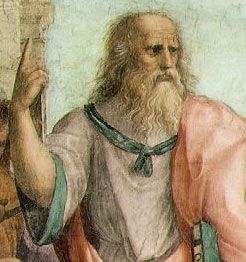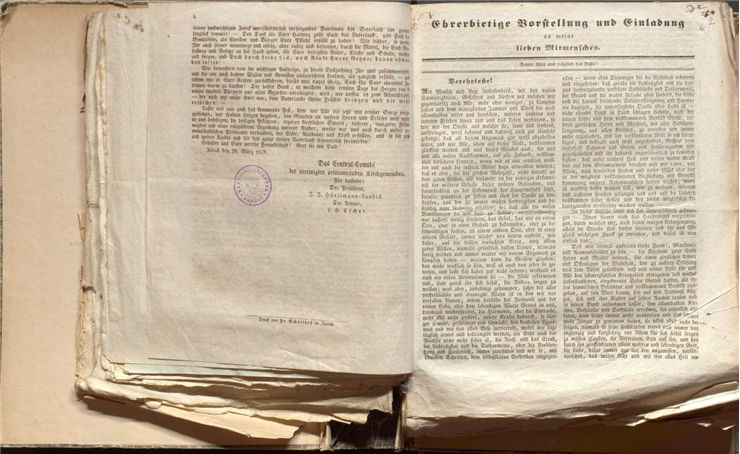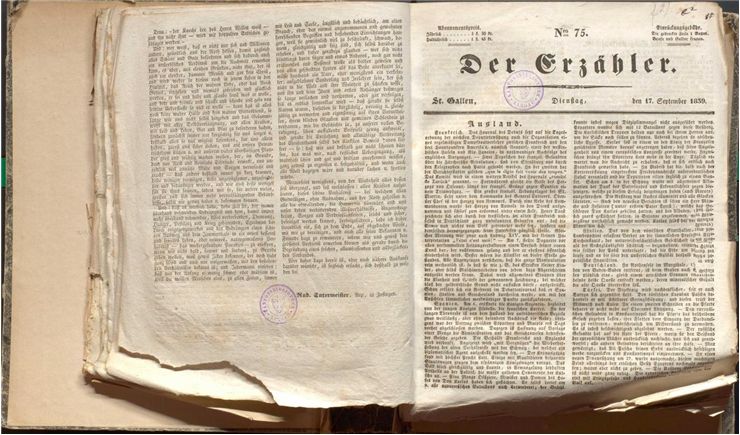Utopian Society - Utopias Types
The word utopia was first originated in the literary works of the 1st century BC Classical Greek philosopher and mathematician, Plato. Created from the Greek words eu ("good"), ou ("no") and topos ("place"), utopia represented an unobtainable perfect society or community, in which social, economic, environmental, and scientific conditions were ideal. These intentionally created perfect fictional communities were frequently the focus of many philosophical literary works over the centuries. It has also spawned other concepts, most notably anti-utopia or dystopia (which describes societies where the way of life is heavily influenced by the oppressive and all-powerful state control).
Over the centuries, there were many proposed types of utopias. Plato's (424/423 BC - 348/347 BC) original proposal in book "Republic", described perfect pre-Christian city-state in which citizen were separated in several strongly defined classes, ruled by the most powerful "golden" rulers. The main objective of those "golden philosopher kings" was the elimination of poverty and organization of resource gathering. Although citizen of such state would be pacifists (with few laws, no lawyers, religion tolerance, and no standing army), Plato mentioned the frequent need of hiring foreign mercenaries who would protect the state from the close warlike nations.
Ecological utopias started being proposed with the rise of the industry in the Western world. They descripted societies that are managing to live their life in perfect balance with natural world, without its destruction and contamination. Ecological Utopias are often credited as the inspiration to the many modern day "green" political movements.
Economical utopias rose during the quick expansion of the 19th century industry. Influenced by the rise of poverty, commercialism and capitalism, several economic utopias described the environment with egalitarian distribution of goods, abolishment of money, and workplace environment in which citizens worked only the jobs that they liked, often driven by the concept of "greater good".
Political utopias describe the environment in which population of entire world (which was expanded in literary works to entire galaxies and universe) lives in perfect harmony.
Religious utopias can be separated in two concepts. First type of inter-religious utopian describes condition in which all religions have agreed to abolish all baseless superstitious beliefs and have accepted science as a base of life. Other type describes the peaceful society, in which all religions decided to merge into one - forming a utopian religion that worships one force (scientific based or supernatural), which created entire universe. Many current religions on Earth have their description of perfect utopians - most notably Garden of Eden and Heaven. These utopias are described as places that can be obtained by the absolute devotion to the faith, filled with the lack of sin, pain, poverty and death.
Scientific utopias are set in the future, where advanced science and technology provides its citizens with incredible living standards - long life, artificial enchantments of brain functions, the absence of death, illness, suffering, poverty, and the ability to form human life in artificial ways (adaptation of human body for life in different environments).



